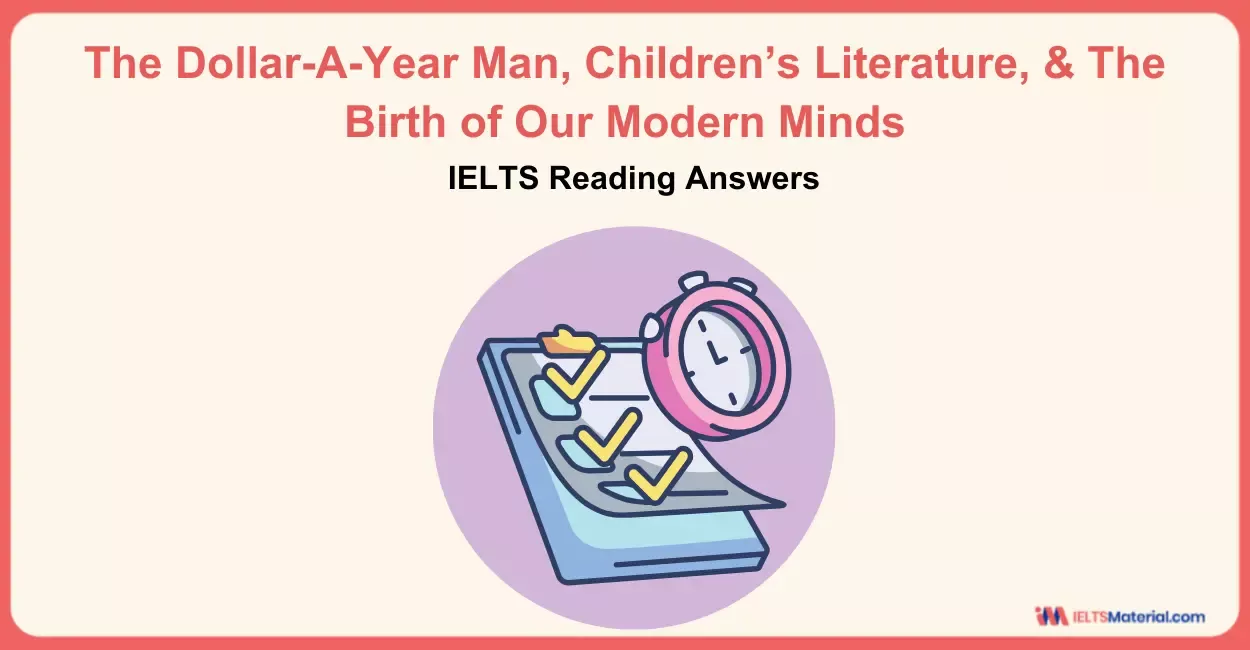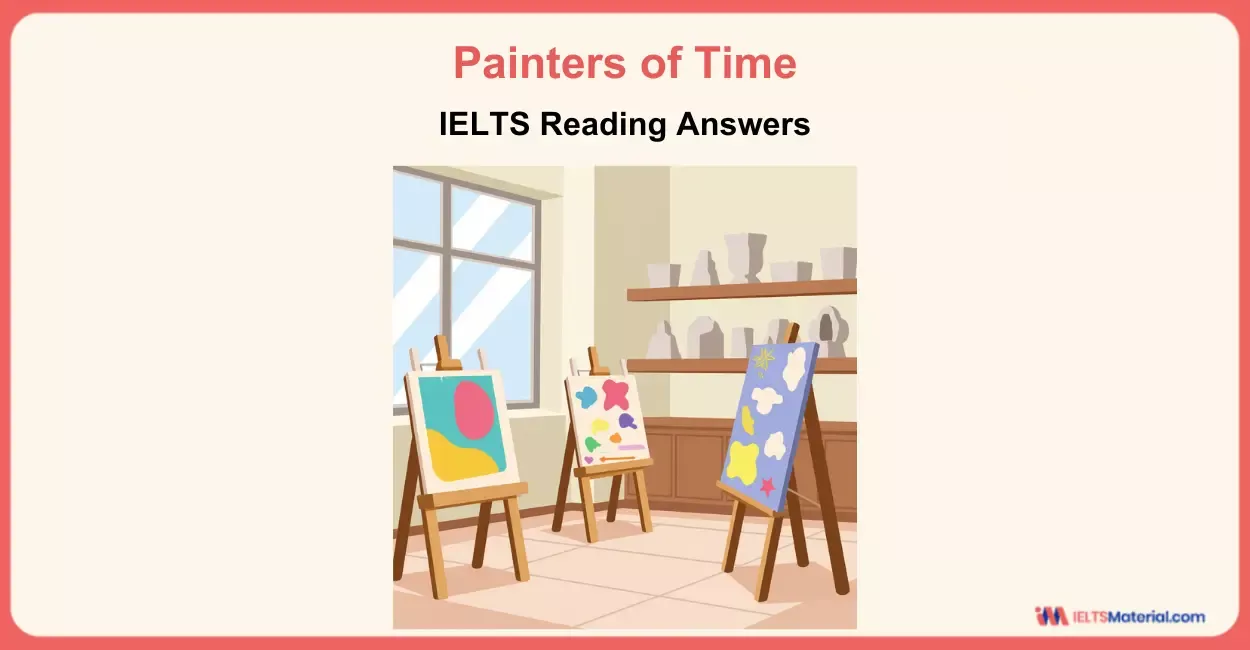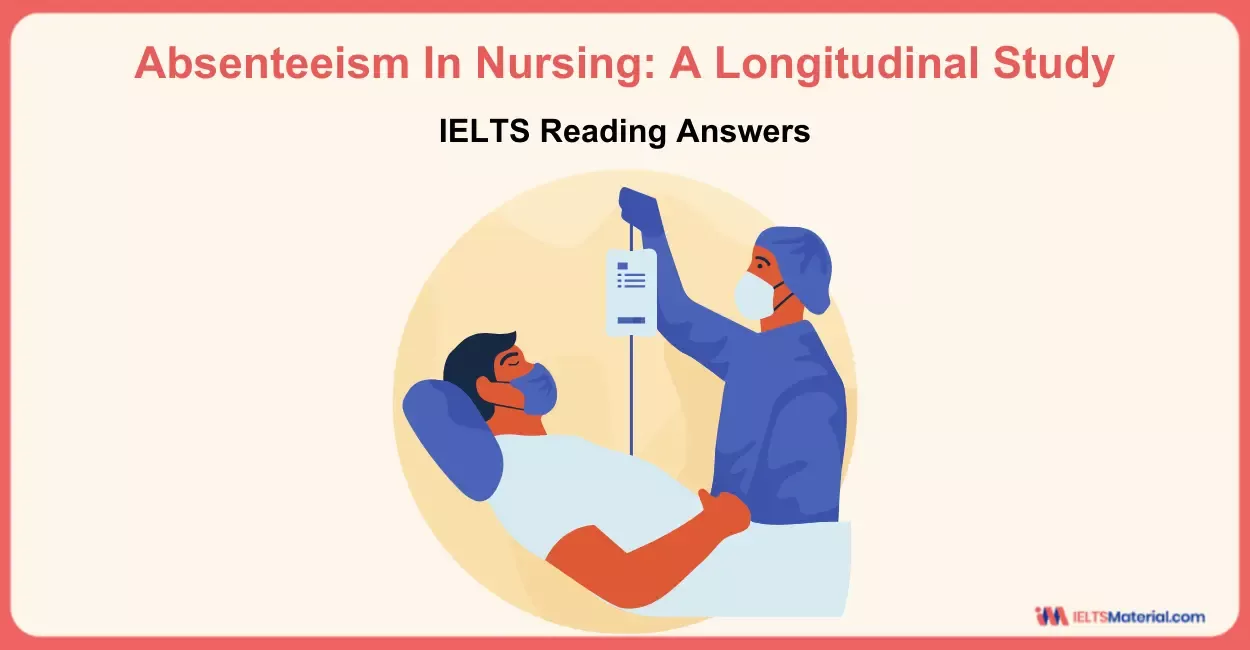The Birth Of Scientific English Reading Answers
7 min read
Updated On
-
Copy link
Want to practice IELTS Academic Reading Passage? Check out the different types of questions, strategies, and also the answers to ‘The Birth Of Scientific English Reading Answers’ and take a step towards a band 8+ in the IELTS exam.
Table of Contents

Limited-Time Offer : Access a FREE 10-Day IELTS Study Plan!
Practicing different question types is a must in order to level up your preparation to excel in the Reading module. The IELTS Academic Reading on The Birth Of Scientific English Reading Answers would help you in your targeted study since different strategies are used in different questions. The questions would therefore come from Section 1 of the Reading Module, and you will know how to approach this with an aim of scoring a band 8+.
By diligent practice, the Reading Module can be the top-ranking category in scoring for the IELTS aspirants. Remember that solving the sample reading questions such as the birth of scientific english would ensure that your reading skills are well enhanced for the IELTS exam.
Let's see the passage, ‘The Birth Of Scientific English Reading Answers’ together!
Want to boost your Reading skills? Join our IELTS Webinar for expert guidance and practice.
Types of Questions in The Birth Of Scientific English Reading Answers
To score a band 8+ in IELTS Reading, you read through different strategies that apply to each question type to understand the specific strategies to be used for them. The 13 questions represent different question types from the passage, ‘The Birth Of Scientific English Reading Answers’.
- Summary Completion Question [Q.1 - Q.7]
- True/False/Not Given [Q.8 - Q.10]
- Table Completion [Q.11 - Q.13]
Get the Comprehensive IELTS Reading (Academic) Band 8 Preparation Course and level up your preparation for the IELTS exam.
Tips to Solve the Question Types in The Birth Of Scientific English Reading Answers for a Band 8+
Let's move to some tips for concerning this section in answering the three question types. Remember this preparation regarding certain question-specific tips that might help you score higher bands. It will also enhance your reading skill while giving you confidence as you attempt Reading questions in Academic or IELTS General Reading.
- Read the instructions carefully before answering as you must follow it to get the correct answer. Along with it, also remember to check with the spellings as well.
- Get familiar with the concept of paraphrasing, because most sentences will be paraphrased, hence you need to understand the context.
- Scan the passage and see what words and phrases are essential. By understanding How to Ace IELTS Reading with 'Keyword Technique', you will be able to identify the correct word or phrase in the passage.
- Before reading the passage, read the question and apply the techniques for finding keywords of IELTS Reading.
Not sure how to answer IELTS Reading Summary Completion Questions? Check out the video below!
The Birth Of Scientific English
You should spend about 20 minutes on Questions 1-13, which are based on the Reading Passage below.
Find the practice test with The Birth Of Scientific English PDF here.
Answers
Did you get through the questions on time? How was it? Were you able to complete the IELTS Reading on 'The Birth Of Scientific English Reading Answers'?
Let's now compare your answers to the birth of scientific english reading answers with respect to the targeted areas. Note the improving areas as well while concentrating on the answers' explanation of each particular question in order to prepare yourself with a very good band score.
Want to practice more? Grab the IELTS Reading Academic Test Guide: Essential Tips, Strategies, and Practice Tests today and get a band score of 8+.
| Question number | Answer | Explanation |
|---|---|---|
| 1 | Latin | Paragraph A notes that it may seem surprising that no one really knew how to write science in English before the 17th century seeing the prominence of scientific English today. Before that, Latin was regarded as the lingua franca, a language which is used for communication between groups of people who speak different languages, for European intellectuals who performed scientific research. Hence, the answer is ‘Latin’. |
| 2 | Doctors | Paragraph E discusses the several reasons why original science continued to be written in Latin. Latin was suitable for an international audience of scholars and writing in Latin may have been for secrecy. In the mid-17th century, it was ‘common practice for mathematicians to keep their discoveries and proofs secret’, by writing them in cipher, in obscure languages, or in private messages deposited in a sealed box with the Royal Society. Further, paragraph F refers to the fact that doctors clung the most keenly to Latin as an ‘insider language’, that is, only scholars can study them. Hence, the answer is ‘doctors’. |
| 3 | technical vocabulary | Paragraph F specifies that ‘English’ was not well equipped to deal with scientific arguments which worried scientists. First, it ‘lacked the necessary technical vocabulary’. Hence, the answer is ‘technical vocabulary’. |
| 4 | grammatical resources | In paragraph F, it is given that there are two reasons why ‘English’ was not well equipped to deal with scientific argument (scientists were worried about English and might have felt more comfortable with Latin), it ‘lacked the grammatical resources’. Hence, the answer is ‘grammatical resources’. |
| 5 | Royal society | Paragraph C relates that England was one of the first countries where scientists adopted and publicised Copernican ideas with enthusiasm. ‘Some of these scholars’, including ‘two with interests in language’ (which may mean that they were setting about to develop the language, English) – John Wallis and John Wilkins – ‘helped found the Royal Society in 1660’ in order to ‘promote empirical scientific research’.
Hence, the answer is ‘royal society’. |
| 6 | German | Paragraph I communicates that the 17th century was a formative period in the establishment of scientific English. In the following century, that is, the 18th century, much of this momentum was lost as ‘German’ established itself as the ‘leading European language of science’. It means that English lost its importance and was overtaken by German. Hence, the answer is ‘German’. |
| 7 | Industrial revolution | Paragraph I mentions that although German overtook the position of English in the 18th century, in the 19th century scientific English again enjoyed substantial lexical growth as the industrial revolution created the need for new technical vocabulary, and new, specialised, professional societies were instituted to promote and publish in the new disciplines. It refers to the fact that the direct result of the industrial revolution was that English got back its importance as the scientific language. Hence, the answer is ‘industrial revolution’. |
| 8 | NOT GIVEN | In the beginning of the second paragraph, it is given that the European Renaissance (c. 14th-16th century), sometimes called the ‘revival of learning’, is a time of renewed interest in the ‘lost knowledge’ of classical times. At the same time, scholars or scientists also began to test and extend this knowledge. As there is no reference of any kind of competition between these scholars or scientists, the answer is ‘NOT GIVEN’. |
| 9 | FALSE | Paragraph B brings out the fact that the European Renaissance (c. 14th-16th century) is a time of renewed interest in the ‘lost knowledge’ of classical times. The most important scientific revolution of them all – the new theories of astronomy and the movement of the Earth in relation to the planets and stars, developed by Copernicus (1473-1543). So, it is not the discovery of magnetism, but the theories of astronomy and movement of Earth. As the statement contradicts the information, the answer is ‘FALSE’. |
| 10 | TRUE | Paragraph G indicates that several members of the Royal Society possessed an interest in language and became engaged in various linguistic projects. Although a proposal in ‘1664’ (17th century) to establish a committee for improving the English language came to little, the ‘society’s members did a great deal to foster the publication of science in English and to encourage the development of a suitable writing style’ (combined their interest in science with an interest in how to express ideas). As the statement agrees with the statement, the answer is ‘TRUE’. |
| 11 | Popular | Paragraph E points out that there were several reasons why ‘original science’ continued to be ‘written in Latin’. Latin was suitable for an international audience of scholars, whereas English reached a socially wider, but more local audience. Hence, popular science was written in English. So, the answer is ‘popular’. |
| 12 | Principia / the Principia / Newton’s Principia / mathematical treatise | Paragraph D states that until the second half of the 17th century, original science was not done in English. As a result, ‘Newton’ published ‘his mathematical treatise’, known as ‘the Principia’ ‘in Latin’. Hence, the answer is ‘Principia / the Principia / Newton’s Principia / mathematical treatise’. |
| 13 | local / more local / local audience | Paragraph E informs that while ‘Latin was suitable for an international audience of scholars’, ‘English reached’ a socially wider, but ‘more local audience’. Hence, the answer is ‘local / more local / local audience’. |
Want to learn the skills from experts? Book a Free Demo Class today and take a step towards a band 8+ in the IELTS exam.
Well done! Did you nail the birth of scientific English reading answers? Remember to practice the IELTS Reading Practice Tests to get familiar with the different question types. With Consistency in practicing different test papers, you will be able to acquire the needed skills for achieving a band 8+. Let’s continue the flow and level up your preparation!
Check More IELTS Reading Answers
Also check :
- IELTS Reading True False Not Given: Strategies, Tips, Exercises & Practice PDF
- IELTS Reading Recent Actual Tests 2025
- IELTS Reading Tips And Techniques To Increase Your Reading Speed
- 101 IELTS Academic Reading Past Test Papers with Answers PDF Download
- IELTS Exam Preparation Tips for Band Score of 8+
- IELTS Band Score: How to Calculate Your IELTS Score?
Practice IELTS Reading based on question types

Start Preparing for IELTS: Get Your 10-Day Study Plan Today!
Explore other Reading Practice Tests


Nehasri Ravishenbagam

Nehasri Ravishenbagam

Kasturika Samanta
Recent Articles

Nehasri Ravishenbagam

Haniya Yashfeen

Haniya Yashfeen

Haniya Yashfeen




Post your Comments